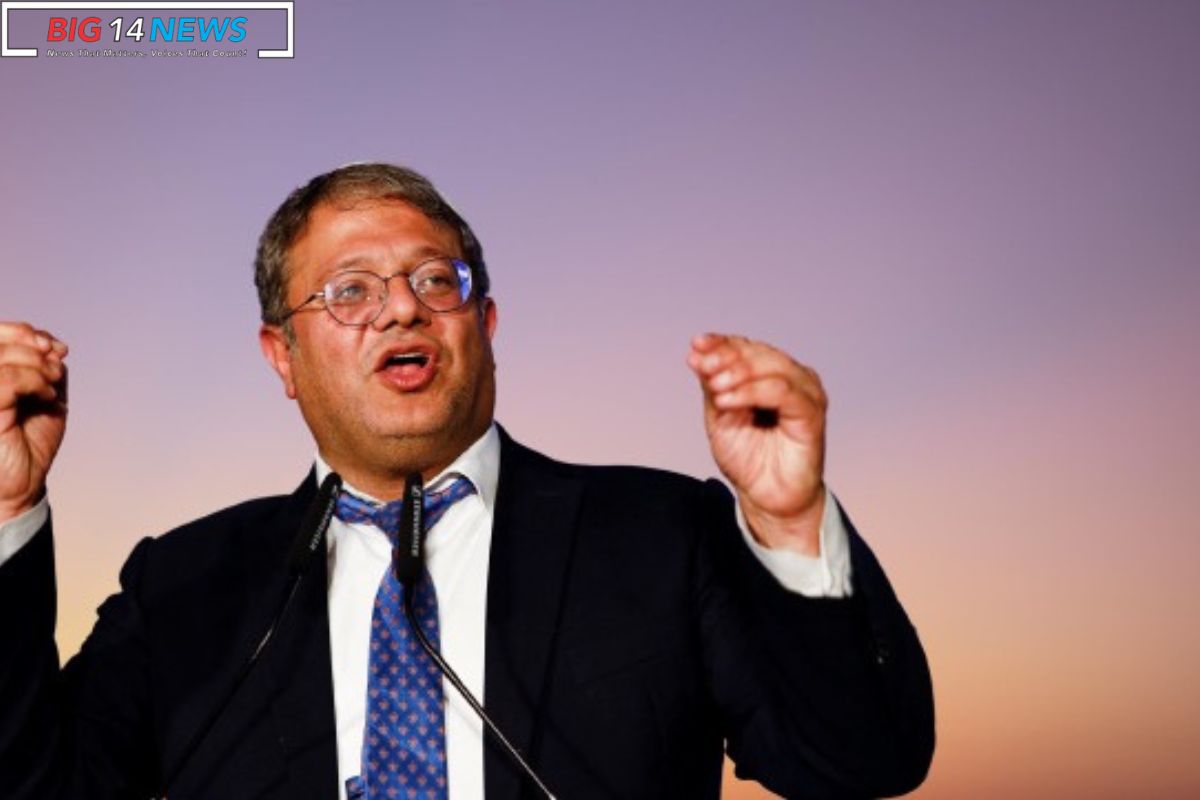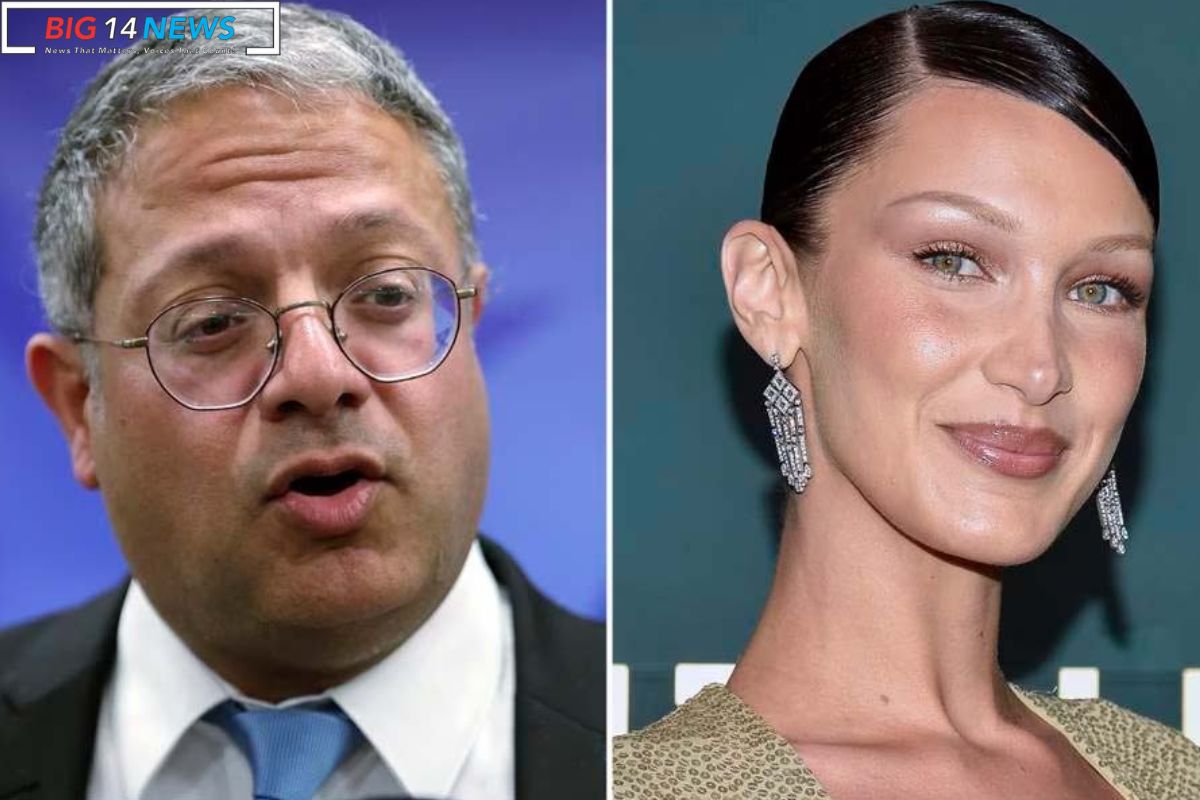Ben-Gvir Controversial Remarks on Palestinians: Israeli National Security Minister Itamar Ben-Gvir’s recent comments on Palestinians’ freedom of movement have drawn criticism, raising concerns about Israel’s alleged shift towards racism. The minister’s claim prioritizing Jewish settlers’ rights in the West Bank over Palestinians’ has faced intense criticism.
In response to Ben-Gvir, Bella Hadid shared the controversial interview clip with 59.5 million Instagram followers. She disliked the minister’s actions and mentioned a previous incident where Israeli soldiers barred Palestinians from a street designated for Jews. Ben-Gvir swiftly and firmly responded to Hadid’s criticism. He invited her to visit Kiryat Arba to see how people live there.
Ben-Gvir, formerly a minor player on the far right, is now Israel’s national security minister and oversees the Israeli police force. In his political past, he has been guilty of promoting racism and aiding terrorists. He publicly supports Rabbi Meir Kahane, whose party, Kach, is labeled a terrorist group by the U.S.
Despite public disapproval, Prime Minister Benjamin Netanyahu backed Ben-Gvir’s remarks, stating that the minister referred to Palestinian militants exploiting freedom of movement to target Israelis. Netanyahu claimed Israel grants “maximum freedom of movement” in the West Bank.
The UN Office for the Coordination of Humanitarian Affairs reports over 645 checkpoints and roadblocks in the West Bank, hindering Palestinian movement. The UN agency noted that over half of these obstacles greatly hinder Palestinians’ daily lives.


ALSO READ: Georgia Bishop Reginald T Jackson: Defends Fani Willis Against GOP Actions
Crime increase prompts freedom of movement debate. The 30 Israeli deaths from Palestinian attacks this year. Israeli troops killed nearly 180 Palestinians during the same time. Israel claims most killed were militants.
Recent deadly attacks, such as a Palestinian shooting near Hebron that killed an Israeli woman and another in the northern Palestinian town of Hawara that killed an Israeli father and son, worsened the situation.
Ben-Gvir acknowledged the criticism, but he maintained his original view. He said terrorists endangered Jews in the area.
Protests erupted outside Ben-Gvir’s home, with strong criticism of his words. After Ben-Gvir’s interview, “Sorry, Mohammed” became a viral meme on social media. Supporters and critics are engaged in a war of words, videos, and pictures, highlighting long-standing tensions in the area.
The ongoing discussion, sparked by Ben-Gvir’s remarks, highlights the strained Israeli-Palestinian relations. As tensions rise, the international community closely monitors the situation, concerned about potential escalation of conflict.
Also Read: White Sox Game Shooting: CPD and Security Respond to Safety Concerns
Our Reader’s Queries
What did Ben-Gurion say about the Arabs?
In his 2006 article “The 1948 Ethnic Cleansing of Palestine,” Ilan Pappe quoted Ben-Gurion as writing, “The Arabs will have to go, but one needs an opportune moment for making it happen, such as a war.” This quote serves as a preamble to his later book “The Ethnic Cleansing of Palestine.”
What was Ben-Gurion’s notorious quote?
On October 5, 1937, Ben-Gurion wrote a letter to his 16-year-old son Amos stating: “We need to remove the Arabs and occupy their land And, if necessary, we must use force – not to take land from the Arabs in the Negev and Transjordan, but to ensure our right to live in those areas – then we have the power to do so.”
What did David Ben-Gurion say about Palestine?
“Our plan is to establish ourselves here, gain significant influence, and ultimately reverse the partition,” declared Ben-Gurion following the Peel Commission’s suggestion to relocate a portion of the Palestinian people in 1936.
Does Krispy Kreme support Palestine?
Krispy Kreme, a US doughnut chain, recently participated in a fundraiser to support Palestinians in Gaza, joining millions of protestors worldwide. While it’s common for global brands to support popular causes, very few have been willing to get involved with Gaza.

